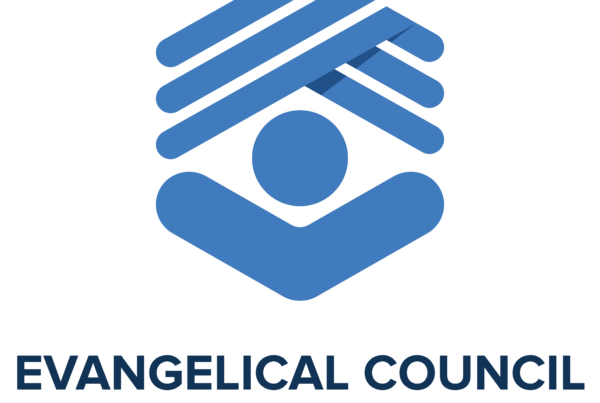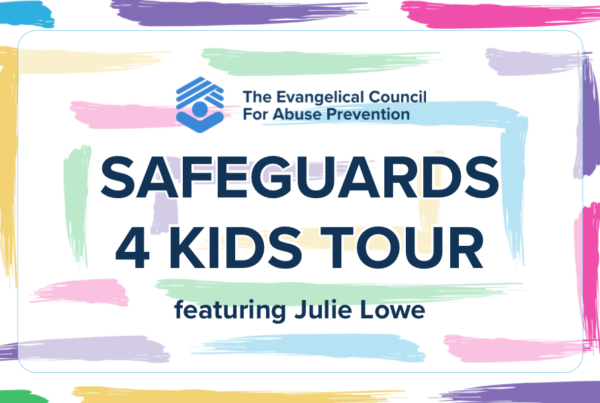Why have a separate category for church plants?
Church plants are in a unique phase of organizational and ministry life, often with many pressing needs and limited resources. We want to support child safety even at the early stages of a ministry’s existence, and we don’t want the regular cost of membership to be a barrier to those ministries seeking to do child safety well. We have collected a number of resources specifically suited to serve church planters as they consider how to implement abuse prevention policies in their ministry.
Why should church planters consider child safety?
If you’re a church planter, maybe you’re thinking, “Child safety? Sure, it’s important, but I’m the only staff member! Maybe when we’re more stable and our organization is more mature.” While the ministry of the word takes precedence, we believe there are at least 3 reasons you should implement child safety measures while your church is “planting,” instead of later:
1. It’s easier to implement change in the early stages of an organization.
Changing the policies and culture of an organization is always difficult, but it becomes even harder once the organization has grown into maturity, with several staff members, serving teams, and a larger group of people to lead. When an organization is young, and habits and culture have not yet been solidified, it is much easier to influence the small group of people who are already committed to the mission of the ministry. Rather than having to re-train workers, re-write policy manuals, and re-construct your governing philosophy, wouldn’t it be easier to do it right at the beginning? We believe that church plants have the ability to implement sensible child safety practices, and it is better to institute a culture of protection early rather than later.
2. An abuse allegation could be a ministry-ender.
As a church plant begins its ministry in a new location, its success or failure may depend on its reputation in the community. Many church plants spend their early years getting involved in the surrounding neighborhoods and schools, serving teachers and parents, sharing the good news of Jesus, and inviting people to church. This work is great, and very exciting to watch and be a part of. However, all of that hard work can be in vain if an allegation of abuse is made against the ministry. While ECAP Membership can’t completely insulate you from allegations, implementing our Child Safety Standards can decrease the likelihood of a credible allegation being made against the ministry if you are adequately screening and training your Workers, as well as enforcing strict policies that wouldn’t allow an abuser to get close to a child.
Additionally, if a credible allegation is made against your organization, you run the risk of being sued by the victim. If you don’t have an adequate insurance policy, or if it was found that the organization was negligent, your ministry could find itself in hundreds of thousands of dollars of debt while it’s in its infancy. It would be a tragedy for a church plant to lose its gospel witness or be constrained by legal debt as it tries to be a light in its neighborhood (see ECAP articles, “Reducing the Risk of Child Sexual Abuse” and “Identifying Predatory Behavior”).
3. Taking child safety seriously may attract new attenders.
We’ve discussed above the potential impact of a negative reputation, but what if your ministry carried a reputation of protection and care in your community? Increasingly, young families are more concerned than ever about the risk of child abuse from care-givers at school, daycare, and even church. Unfortunately, it doesn’t look like those headlines are going to stop anytime soon, so church plants should consider how they can set themselves apart by being a place that takes child safety seriously (See ECAP article, “Displaying Hospitality In A Broken World”).
Ultimately, child safety and abuse prevention is a matter of stewardship; stewardship of the people and resources that God has placed under your care. While it may be easier to think, “That won’t happen here,” or “Maybe when we’re more established,” we think that God calls all ministry leaders to steward their resources well. Jesus said, “One who is faithful in a very little is also faithful in much,” (Luke 16:10), and we want to help you be faithful with your church plant.





